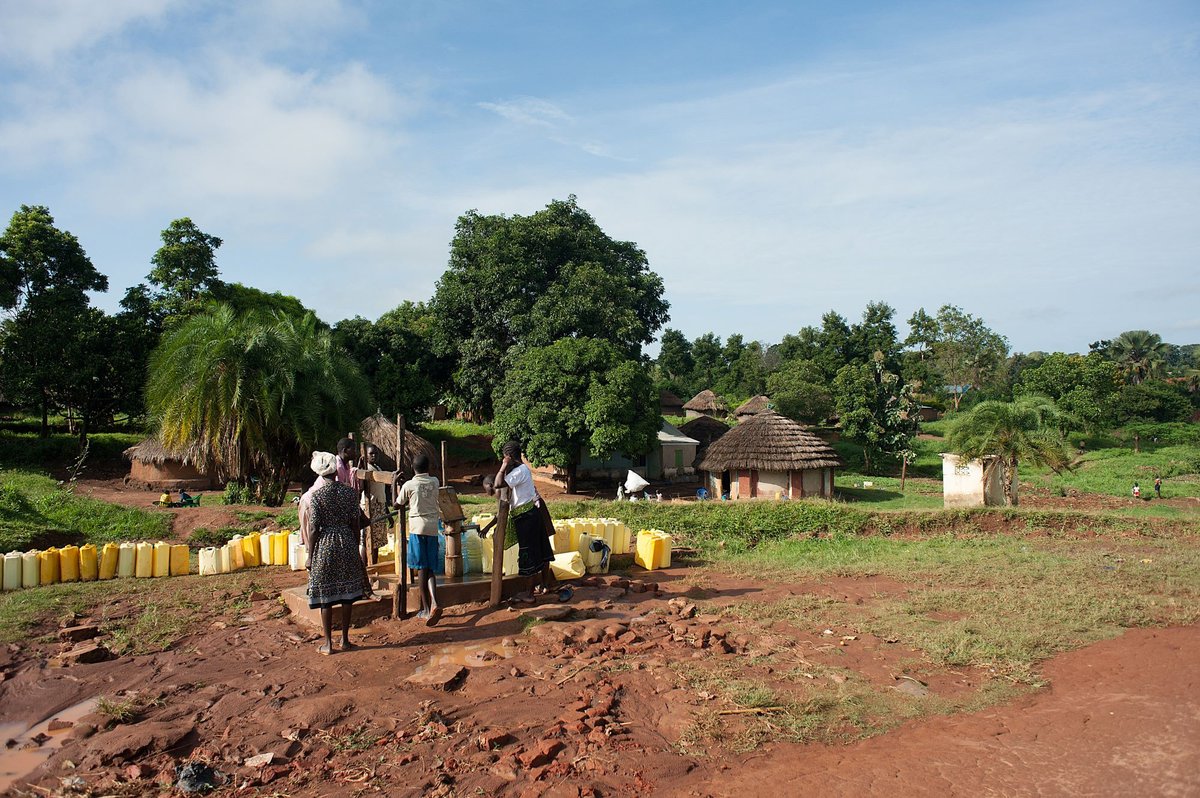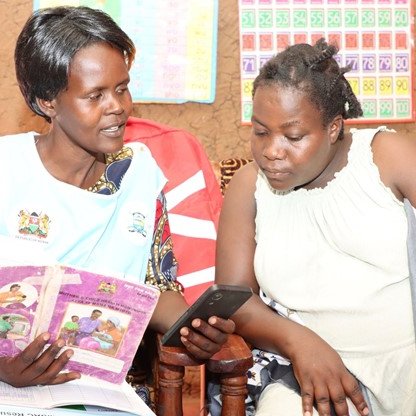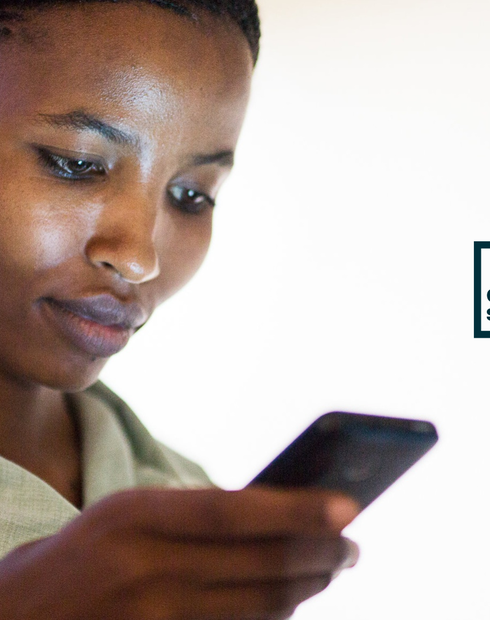
Digital Public Infrastructure for Climate Health Resilience (DPI4CH)
Building climate health resilience through digital public infrastructure and digital public goods.
The DPI4CH Initiative, launched in 2024, is led by Digital Square at PATH with funding from Wellcome and The Rockefeller Foundation. In collaboration with the World Health Organization (WHO) and the World Meteorological Organization (WMO) Climate and Health Joint Programme, the initiative promotes the use and sharing of digital public infrastructure (DPI) and digital public goods (DPGs) to strengthen climate- and health-informed data systems.
To advance this mission, the DPI4CH initiative developed a three-year Action Plan to operationalize the Joint Programme's implementation plan, integrating climate and health data for decision-making across sectors. The initiative documents standardized use cases—one a digital adaptation kit for a heat health alert system, the other on climate impacts to vector-borne diseases—that demonstrate how to operationalize climate-informed health services at the country level to address climate-health data and information challenges. Lastly, to accelerate the use of digital tools at the intersection of climate and health, PATH Digital Square created the Global Goods Guidebook Climate Services for Health Annex. By equipping governments, funders, and implementers with scalable, open-source solutions, DPI4CH aims to build stronger health systems that can withstand the growing threats of climate change.
Climate change is a growing health challenge, especially for vulnerable populations already burdened by health and economic inequities. DPI—interoperable systems that support inclusive service delivery and effective governance—are essential for integrating climate and health data, enabling policymakers and health leaders to make informed decisions.
Through open-source, integrated tools that combine satellite imagery, weather data, historical records, and health sector insights, decision-makers can better anticipate disease outbreaks, adapt to evolving health needs, and reduce the impact of extreme weather events on individuals, communities, and national economies.
Advancing climate-informed health systems
We are working at the intersection of climate and digital health in three ways:
Expanding the Global Goods Guidebook for Climate and Health
To accelerate the use of digital tools at the intersection of climate and health, Digital Square at PATH developed the Global Goods Guidebook Climate Services for Health Annex. Created through an Open Call (March–May 2025), the Annex curates adaptable, open-source digital tools—known as Global Goods—that help countries address key health system challenges.
The three newly approved Global Goods—DHIS2 Climate App, EWARS-csd, and GeoPrism Registry—integrate meteorological, climate, and health data to improve disease prediction, outbreak response, and other health priorities. These tools met the updated climate-health Global Goods Maturity Model criteria. The Annex also showcases emerging innovations with strong potential for future impact.
As a practical resource, the Annex supports policymakers, procurement officials, and health leaders in identifying, implementing, and scaling digital solutions that build climate-resilient health systems and reduce the health and economic impacts of climate change.
Learn more about the Annex and watch our webinar.
Supporting the WMO-WHO Climate and Health Joint Programme
The Joint Programme office is a collaborative effort to strengthen, harmonize, and leverage resources and opportunities to empower and support WHO Member States and partners through interagency cooperation. In line with this effort, Digital Square at PATH supports the Joint Programme office to advance knowledge sharing and integration of climate health sciences and services for human health related to climate change, extreme weather and climate, water, air quality, solar radiation, and other environmental hazards.
Advocating for global investment in DPI for climate health
By addressing the intersection of climate change and health in global fora such as the Brazil G20 Health Working Group, the UN General Assembly (UNGA), and the Global Digital Health Forum (GDHF), the DPI4CH initiative underscores the importance of DPI for Health (DPI-H) in mitigating climate change risks and adapting to its impacts, especially in countries at highest risk of loss and damage. We call on donors and country leaders to prioritize funding for digital climate health solutions and advocate for DPI-focused investments to build robust health systems that respond and adapt to the changing climate.
“Digital tools and technologies will be pivotal game-changers in scaling solutions to climate and health—but we need the collective effort of the global community to make this vision a reality.”— Dr. Joy Shumake-Guillemot, WMO-WHO Climate and Health Joint Programme


